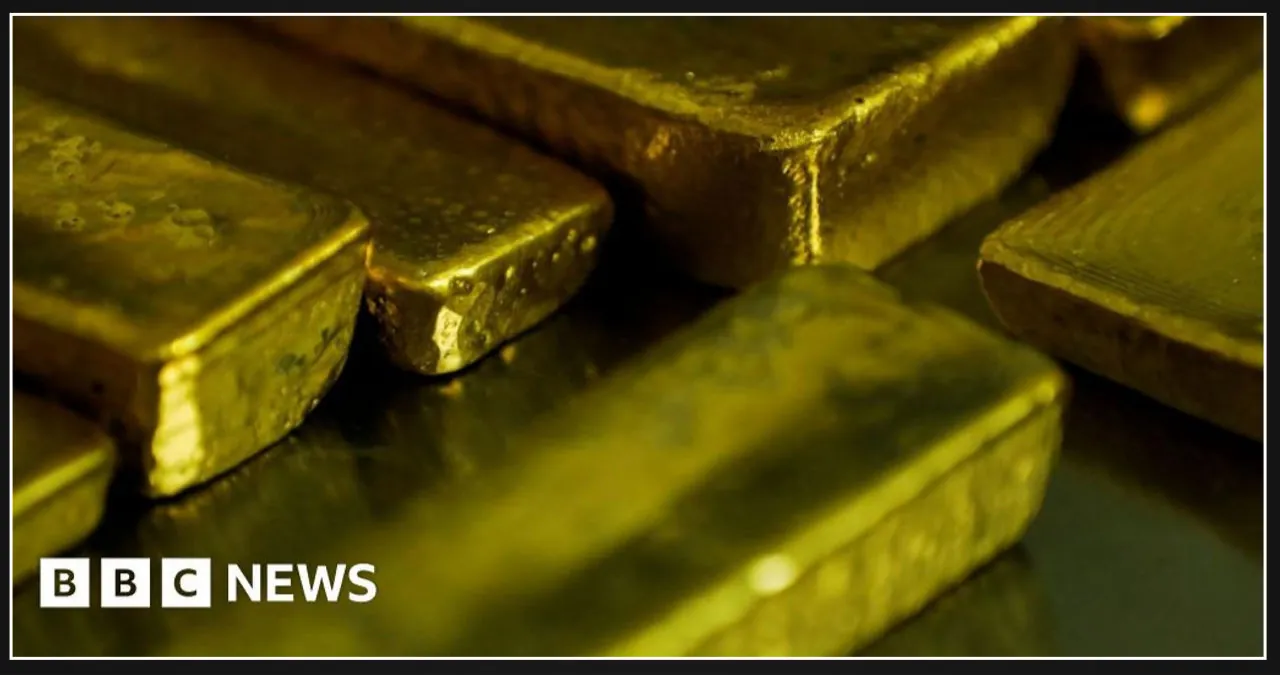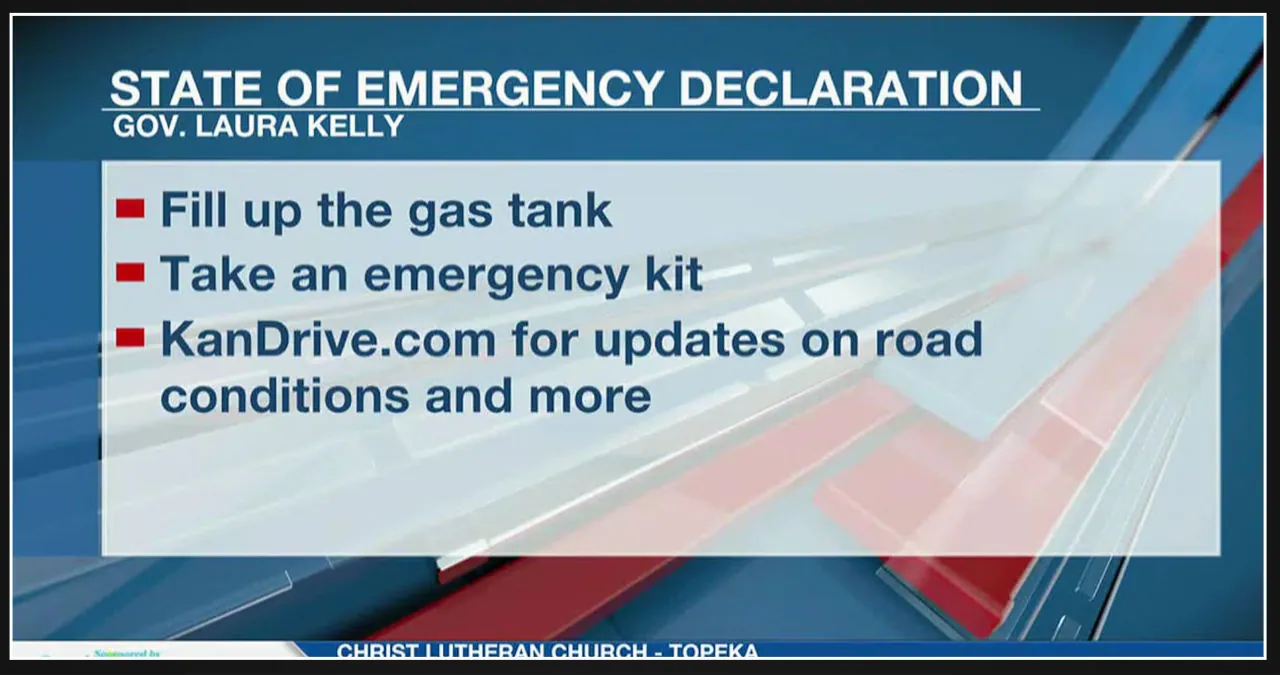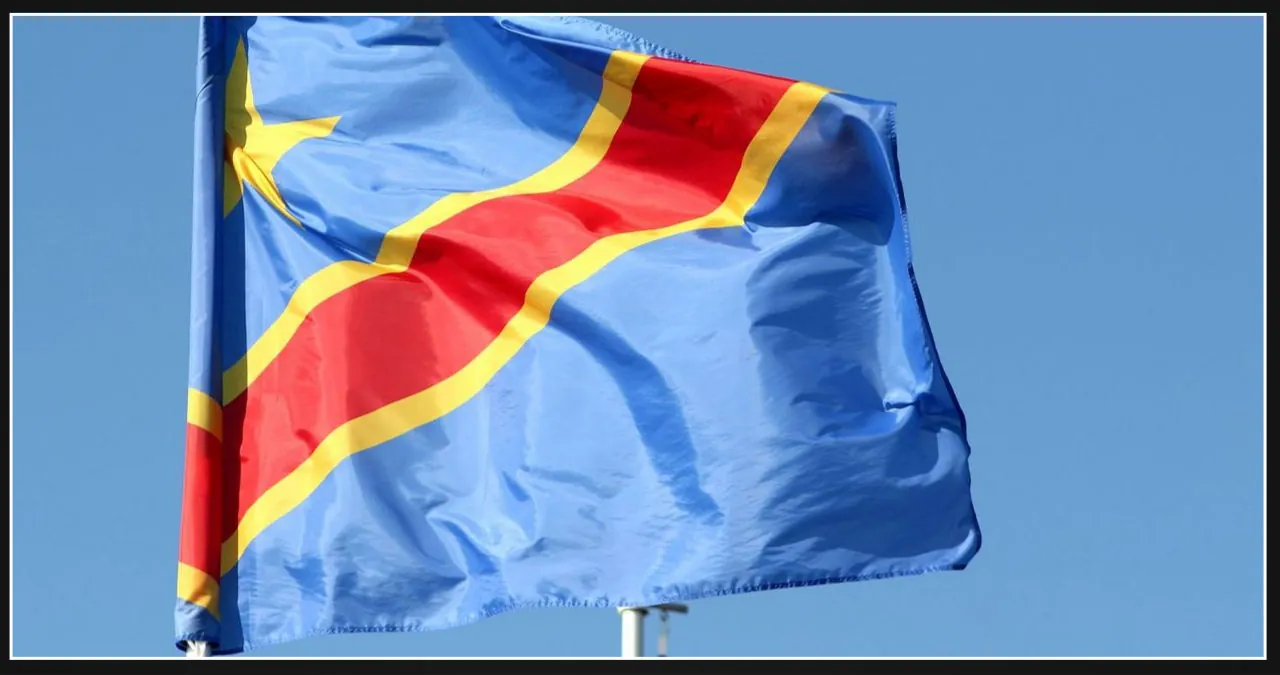According to officials, three Chinese individuals have been apprehended in eastern Democratic Republic of Congo after being found in possession of 12 gold bars and $800,000 (£650,000) in cash.
According to Jean Jacques Purusi, the governor of South Kivu province, the gold and money were concealed beneath the seats of the vehicle they were traveling in.
The authorities kept the operation to arrest the men under wraps, following the recent release of another group of Chinese nationals who were accused of running an illegal gold mine in the same area.
The eastern region of the Democratic Republic of Congo is rich in natural resources, including gold, diamonds, and minerals essential for producing batteries used in mobile phones and electric vehicles.
Foreign groups have been exploiting the region’s mineral wealth since the colonial era, contributing significantly to the persistent instability experienced over the past three decades.
Militia groups in eastern DR Congo hold control over numerous mines, allowing their leaders to amass substantial wealth by selling the extracted resources to intermediaries.
According to Purusi, certain precious metals dealers in Kinshasa, the capital, have strong connections with influential individuals. This is the reason behind the discreet nature of the recent arrest operation.
Acting on a tip-off, they discovered the gold and money only after conducting a thorough search of the vehicle in the Walungu area, which is situated near the border with Rwanda.
The exact amount of gold seized was not disclosed by him.
In a surprising turn of events, the governor expressed his astonishment to the media regarding the release of 17 Chinese nationals who were arrested for operating an illegal gold mine. These individuals were not only set free but also permitted to return to China.
According to the source, he expressed concern that this action is undermining the ongoing efforts to improve the transparency and accountability of DR Congo’s mineral sector, which has long been associated with a lack of clarity and regulation.
According to him, they owed a staggering $10 million in taxes and fines to the government, as reported by Reuters.
The Chinese embassy has chosen not to provide any comments regarding the allegations.
Fighting in the neighboring North Kivu province, where a rebel group backed by Rwanda has taken control of significant portions of land, has led to the arrests.
In a recent development, DR Congo filed a lawsuit against Apple, accusing the tech giant of utilizing “blood minerals.” This allegation prompted Apple to respond by affirming that it had discontinued sourcing supplies from both DR Congo and its neighboring country, Rwanda.
Rwanda firmly denies any involvement in the illegal exportation of minerals from the Democratic Republic of Congo (DRC).
According to the Congolese government’s legal team, the minerals sourced from conflict areas underwent a process of “laundering” as they made their way through international supply chains.
“They stated that these activities have contributed to a cycle of violence and conflict by financing militias and terrorist groups. Additionally, they have also led to forced child labour and environmental devastation.”











